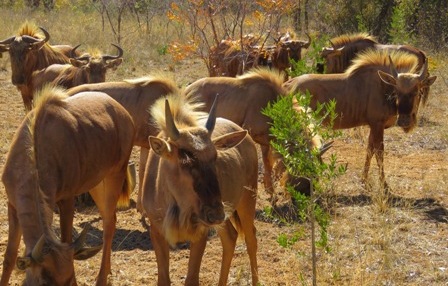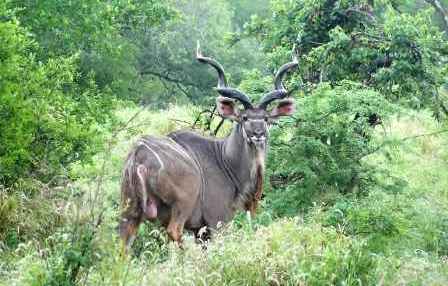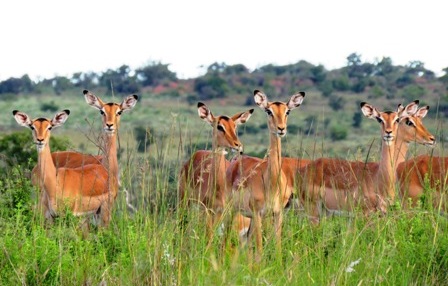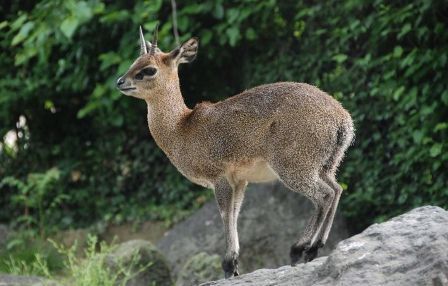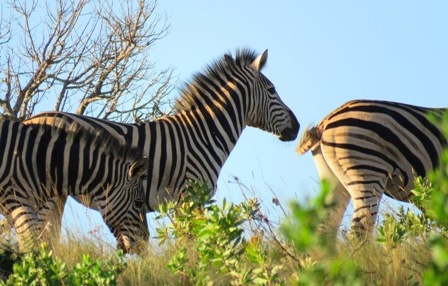Sunshine of Waterberg Bushveld Retreat ……..
The History of Golden Wildebeest (Golden Gnu)
Golden Wildebeest naturally occurred along the Limpopo River basin, adjacent to the Tuli-Block of Botswana. Early farmers in the1920’s, called them “Vos Wildebeest”
The first Golden Wildebeest Bull was captured by Alec Rough in the early 1990’s on the game farm Swinburne, in the Limpopo Valley. This is the area where the majority of Golden Wildebeest originate from. They formed an integral part of the large migratory herds that once moved freely between South Africa and Botswana.
Golden Wildebeest were first referred to as “Red” or “Yellow” Wildebeest by pioneer breeders. The decision to change the name of these colour variants was as a direct result of false accusations made by Nature Conservation officials that game farmers created these animals by cross-breeding Black and Blue Wildebeest. Wildebeest hybrids (Black and Blue Wildebeest Crossbreds) were also referred to as Red Wildebeest by Nature Conservation officials.
Due to extensive DNA sampling and research done by Dr Antoinette Kotze, the Yorks could clearly show that no Black Wildebeest genes occurred amongst any of their Wildebeest herds.
By disproving this accusation, Barry York (founding member of Golden Breeders) decided to distance himself from any further confusion and founded the name “Golden Wildebeest”. This name was soon adopted by all in the wildlife industry.
Click on image to enlarge
